In the world of leadership development, there is an abundance of inspirational Ted Talks by CEOs of Fortune 500 companies, articles on managing people written by those who have built tech start-ups from the ground up and self-help books that compile the stories of world leaders, politicians and transformational entrepreneurs.
While these narratives are compelling and give us deep aspirational vibes that encourage even the most quietly ambitious to go out and purchase one of the many productivity tools they recommend, there is a group missing from our lexicon of leadership. Where are the voices of those who carry the complex, intersectional and often under-resourced social impact space?
Nonprofit and social enterprise organisations across the globe respond and evolve to the constantly changing needs of the communities that they serve. Leaders in this space have to be both visionary and compassionate, they have to be able to see the bigger picture while recognising and attuning their solutions to the real human impact. There are leaders in this space who have been working for decades to create change and there are emerging trailblazers who are coming into this field with an eye to the future of impact, collaboration and design thinking.
Here are the stories of 3 leaders in this space who have so much to share:
Dancia Susilo

Dancia is the executive director of The Missing Link Project, a nonprofit organisation focused on helping underprivileged youth gain more opportunities to live above the poverty line by developing and delivering programs in fitness, mental health, and business/financial literacy. She is also a director at Ottawa Victim Services. Dancia is an MSc candidate at King’s College London UK and an alumna of uOttawa and Wharton.
What did you feel clear about when you started in a leadership role? What drew you to this work?
I’ve always been inclined to take leadership positions. I was a leader before realising what a leader truly was. The first time I can think of was being 10 and starting an environmental initiative. By 15, I started my first business. With that in mind, I never really thought about what it takes to be a leader. I just saw a problem in society that I wanted to fix and took action, bursting with passion. Looking at it now, I think that mentality is needed to become a leader: the unlimited desire to fill a gap.
What drew me into this work was ignorant people. When I was 12, I started giving speeches on suicide, depression, and eating disorders. My Catholic school hated this and teachers gave me some backlash. If opening a conversation that can save lives triggers backlash because it wasn’t “Catholic appropriate,” then there’s a bigger problem than just a lack of resources. The dirty looks and poor grades (it was explicitly stated by the teachers that I lost marks because my ideas did not fit the Catholic agenda) made me fight this mentality in the York Catholic District School Board (YCDSB) and seeing the change I made as “one kid” became the engine of my career. I spent my PA Days attending virtual training (thank you to Johns Hopkins University for allowing me to participate for free) and going to the school board to voice my concerns. By the time I graduated high school, the YCDSB had changed their mentality and encouraged mental health awareness initiatives, developed more resources, and became well-connected to organisations in the area. Whenever I fail now, I look back on this and remind myself: “Failure is a step in a bigger process. You can succeed and even if you don’t, you can help others to succeed.”
What do you feel you are still learning as you go through your leadership journey?
Everything. I don’t think we should ever stop learning and I can’t give you a list because nobody knows what they don’t know. You also develop a better understanding of how little you know, the more information you learn. You just need to put yourself in situations where you are constantly learning and improving yourself.
What do you feel you are still unlearning? What assumptions did you have about what it would be like to be a leader that you have come to realise are not true?
Leaders make mistakes and they don’t know everything. When I was younger, I thought being a leader meant I needed to know all the answers. Since becoming the executive director of The Missing Link Project, my first time in a non-profit executive role, I have never felt so ignorant. I didn’t know how to run a non-profit. I didn’t even know how non-profits were structured. Thankfully, other executives were kind. Being the strong leaders they are, they gave me resources to learn. They provided me with strength and support. True leaders help people grow without judgement. Now, I am more than happy to admit my faults. I am human; I make mistakes but as long as I am willing to better myself, that’s okay.
What would you share with the next generation of leaders coming into this work? What do you wish you knew when you were starting out?
Focus on “the why.” We need to focus more on explaining why something is important rather than how to do something. This might seem counterintuitive but explaining the importance and reasoning behind the procedures and rules, it makes people retain the information better and motivates them to follow through. I speculate that explaining “the why” makes them care, even if they disagree, which allows the amygdala to lock the information into their brain further. Explaining “the why” also allows people to explore the situation or problem to open up a discussion on the value of following the rules and procedures. It can inspire people to think of other possible solutions that can be more efficient as the growth of the organisation develops.
Candice Shaw
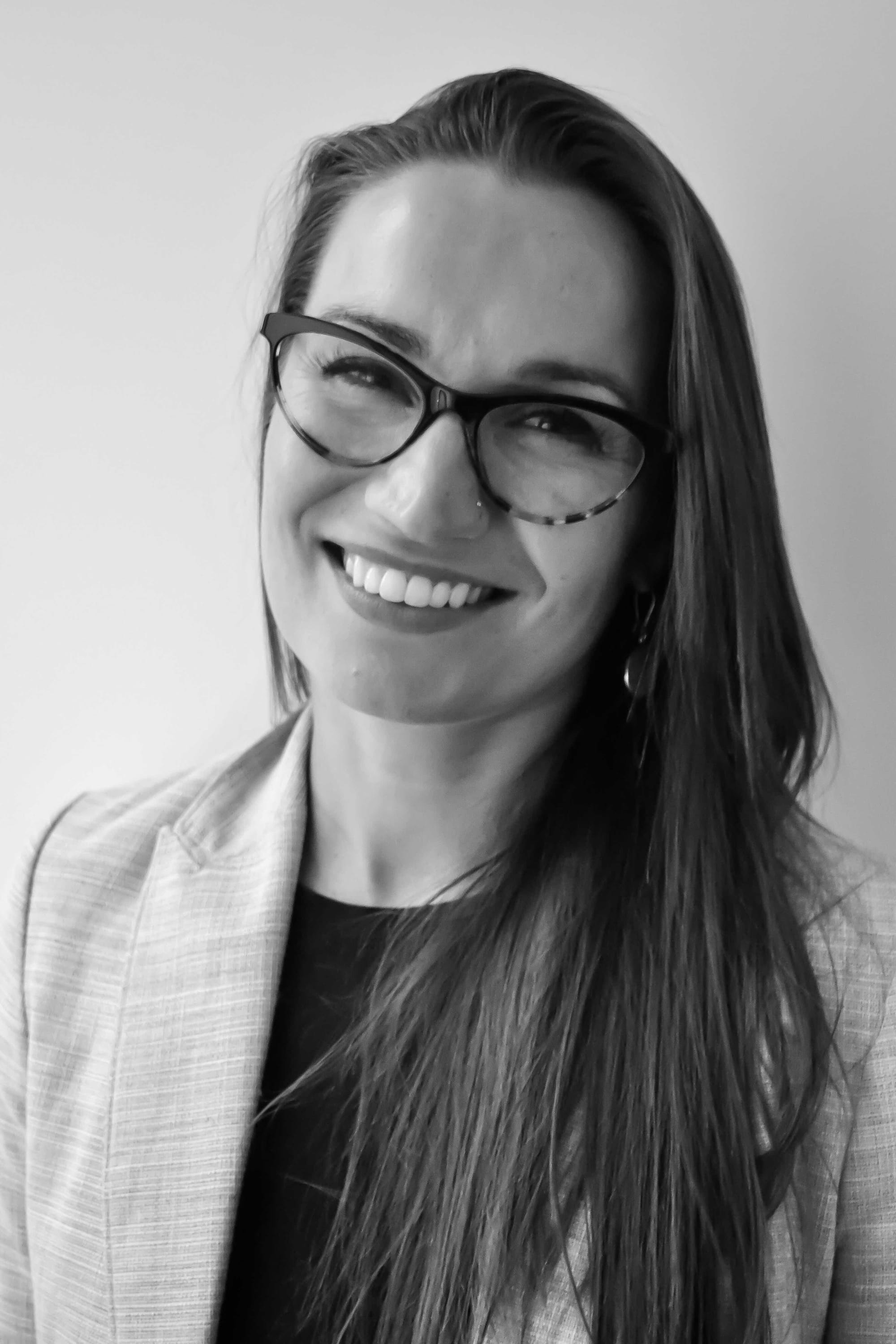
Candice is the Executive Director of the Ottawa Rape Crisis Centre (ORCC), a grassroots, feminist organisation that supports and empowers survivors of sexual and gender-based violence and has been doing so for nearly 50 years. She is also a PhD candidate in the Department of Sociology at McGill University, a member of the Board of Directors for Oxfam Canada, and a member of the Urban Sub-Working Group for the development of the MMIWG2S+ National Action Plan Implementation Strategy.
Her career to date has focused on strategies to address broader systems of power that have marginalised Indigenous women, girls, 2SLGBTQQIA people, their families, and their communities, both across Canada and globally. Her aim is to continue to bring part of the integral collective discussions and actions that seek to advance gender justice across the grassroots community, and national, and international spaces.
What did you feel clear about when you started in a leadership role? What drew you to this work?
Starting in my role as the Executive Director of the Ottawa Rape Crisis Centre (ORCC), I felt clear that the traditional top-down approach to leadership wouldn’t work for this context, especially if I wanted to ‘walk the talk’ of truly being equitable and social justice-oriented. Further, this traditional (more top-down) leadership model implies that leaders have all of the answers, which—in reality—is not only unlikely, it is undesirable. Being top-down runs the risk of creating echo chambers that can stifle creative and potentially new ways of thinking.
What drew me to these social impact spaces was a social cause; a drive for change and the desire to lend whatever skillsets I have to help move the needle positively. What drew me to my particular role as the ED of ORCC are the challenges facing the very diverse needs of the communities that the ORCC represents and services. In addition to those challenges, though, are the immense responsibilities and opportunities for change, both in terms of service delivery and advocating for the needs of survivors of sexual and gender-based violence. It's about ensuring that ending violence – including those forms of violence that extend to other areas like housing and food insecurity - is made a priority across every level of society. It’s about bringing attention to a cause that is incredibly poorly resourced but bringing together committed people within and across various sectors to effect change that is long since due. It’s a matter of principle and it’s a matter of human rights.
What do you feel you are still learning as you go through your leadership journey?
I feel I am always (re)learning ‘the how’ in my leadership journey. I am (re)learning ‘the how’ to be a compassionate, engaged, participatory, and collaborative leader in new ways. There are, of course, some methods or elements of leadership models that can be reproduced over time. However, most times I find that I am having to tailor how I embody leadership to each encounter or set of circumstances. It requires trying to approach each situation with a balance that is struck between informed experiential knowledge while also trying to take a responsive and fresh view of the situation.
What do you feel you are still unlearning? What assumptions did you have about what it would be like to be a leader that you have come to realize are not true?
Like many of my colleagues, I am always striving to unlearn the reproduction of power dynamics in my leadership style that ultimately does not serve the broader social impact goal(s). Many of us are faced with having to unlearn systems that unfairly reproduce privilege. This can look very different across contexts and settings. However, this unlearning is a vitally important process to ensure that leaders’ social impact objectives are aligned with those of the communities they represent and to whom they are ultimately accountable.
What would you share with the next generation of leaders coming into this work? What do you wish you knew when you were starting out?
To the next generations of leaders: It’s ok not to have all of the answers. In fact, it can be a good thing! Identifying what you know and having the humility to identify what you don’t know can be a great starting point to bring others into the conversation. Talk to others in your space, collaborate, and share knowledge. Encourage the exchange of ideas and hold space for creative thinking. From my standpoint, these are some of the core elements of collaborative leadership and ultimately transformative social impact.
Deirdre Freiheit

Deirdre Freiheit has been President & CEO of Shepherds of Good Hope and Shepherds of Good Hope Foundation since 2014. She has been a leader in the not-for-profit sector for almost 30 years. She is the Past Chair of the Board of Directors of the Alliance to End Homelessness Ottawa and a past Director of the Board of Ottawa Inner City Health. Deirdre was also a member of Health Canada’s Expert Committee on Substance Use in 2021. Previous roles include Executive Director of the Health Charities Coalition of Canada and CEO of the Canadian Lung Association.
What did you feel clear about when you started in a leadership role? What drew you to this work?
I was very clear that I was a relationship builder and that in order to lead, building excellent relationships was paramount to building great teams, empowering people in their roles and obtaining buy-in for my vision. I was also clear that I did not have all the answers and that hiring smart people with expertise in their fields would only enhance the organisation, as well as our collective experiences. It should go without saying that micromanagement is not leadership.
What do you feel you are still learning as you go through your leadership journey?
I am constantly learning about people and how they view themselves within the context of our mission, vision and values. I’m learning to communicate better and more often. I’m also learning that my pace is not everyone else’s pace and I need to have more respect for my time and the time of others. I’m also continually learning that as a female leader, I often feel the need to work harder than my male counterparts to prove myself.
What do you feel you are still unlearning? What assumptions did you have about what it would be like to be a leader that you have come to realise are not true?
I am unlearning not to wear my emotions on my sleeve. I am unlearning to speak freely about specific issues before giving them considerable thought because what I say out loud can immediately be taken as needing action rather than requiring careful consideration. If someone then goes ahead and takes action rather than exploring the issue with me further, it can have unintended negative consequences – or at the very least, create an issue that wasn’t there in the first place.
I used to think that everyone would stand by my decisions as a leader, as long as I did not make decisions in isolation, and that when plans were developed, everyone would support them. Not true! Some assumptions that I’ve made have been thinking that there is solidarity in decision making, when in fact there hasn’t been.
Changing organisational culture takes way longer than I ever thought it would.
Rarely is anyone satisfied with their compensation.
Recognition needs to happen more often than I would have ever dreamed, and also in a variety of ways.
What would you share with the next generation of leaders coming into this work? What do you wish you knew when you were starting out?
I would say that leaders need to walk the talk. Leaders set the pace of an organisation and that pace needs to include time for external pursuits – ie. physical and mental health and wellness, vacations, family time, and activities outside of work. Leaders need to demonstrate that they are human and have the same or similar challenges as their teams. Building flexibility into work schedules is critical so that people can deal with family issues such as school, child and elder care, etc. Those who don’t have children need to be afforded the same flexibility to deal with whatever life issues come their way. Work-life flexibility is as important to folks as fair compensation. Leaders inspire by their own actions.
I wish I had known that having difficult conversations is crucial to a leader’s ability to lead. I hated having difficult conversations and often put them off for far longer than I should have. This led to mixed messaging, and a lack of clarity and the issues only got bigger. I’ve learned that people are watching and waiting for you to deal with things head on and if you don’t, you may lose their respect. I’ve also learned that having those difficult conversations, seeking clarity, setting reasonable expectations and holding people capable, can lead to greater team cohesion and greater individual satisfaction/sense of accomplishment. If that’s done and it’s still not working, then leaders need to make difficult decisions that are in the best interest of the organisation as a whole. And they can’t be put off. Leadership is not for the faint of heart.
Contributing writer Hailey Hechtman is a social impact leader, mental health advocate and Executive Director of Causeway Work Centre. She is passionate about inspiring positive change through community collaboration, constant learning and self-reflection.

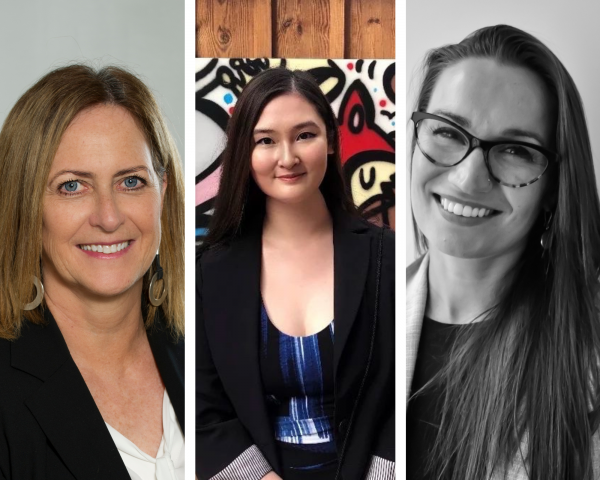


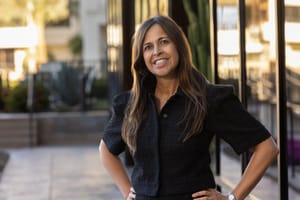


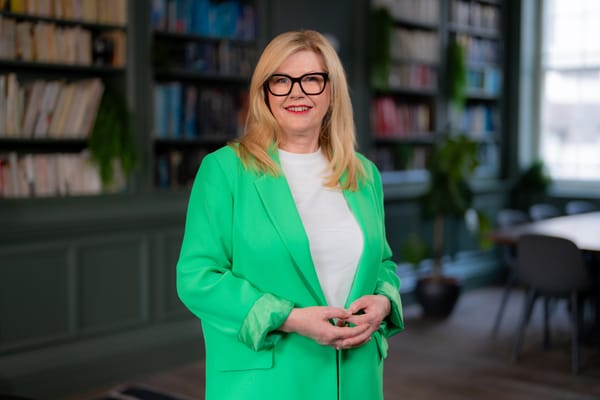
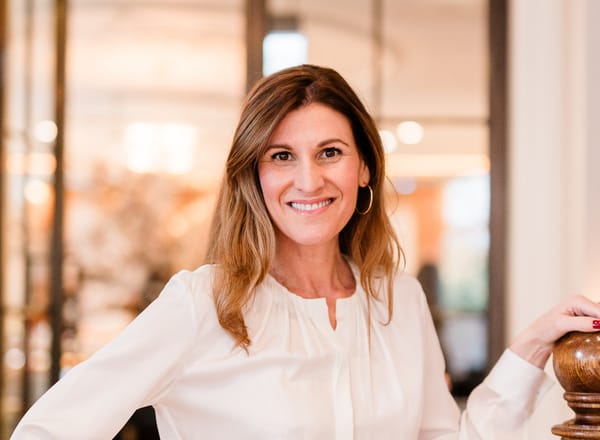

Member discussion